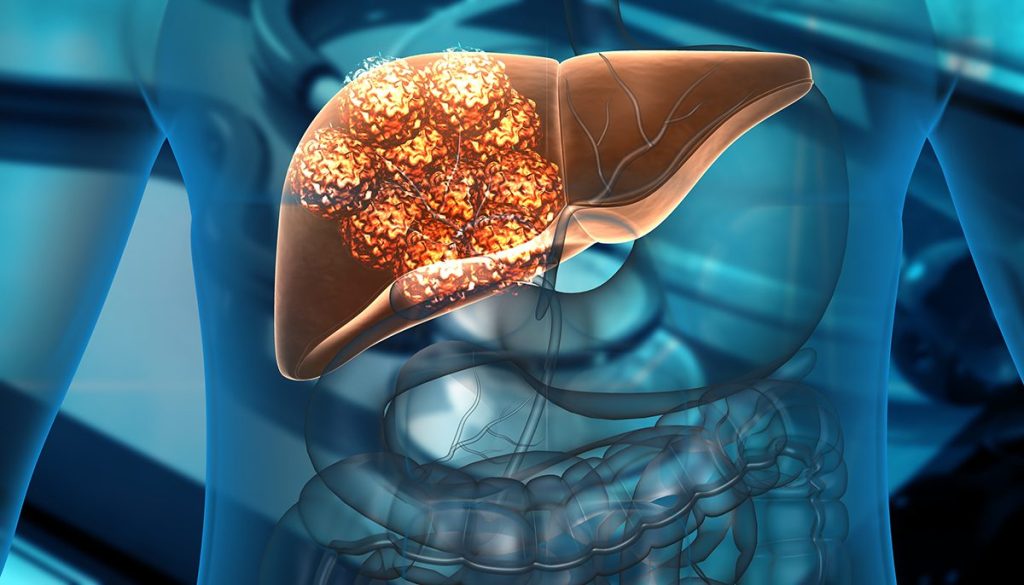Five bad habits that increase your risk of liver cancer.
Liver cancer affects millions of people worldwide and is a serious health condition that can have devastating consequences. The liver plays a crucial role in our overall well-being and protecting it should be a priority. While various factors can contribute to the development of this disease, certain habits can increase your risk of liver cancer significantly. Unfortunately, these bad habits are so commonplace that many people may not even realize they’re engaging in them. This blog will explore five common bad habits that increase the risk of liver cancer. By understanding these habits and making positive changes, we can take control of our health and reduce the chances of developing this life-threatening disease.
Excessive Alcohol Consumption
Alcohol abuse is one of the leading causes of liver cancer. When alcohol is consumed, the liver works overtime to metabolize it. Over time, excessive alcohol consumption can lead to inflammation, scarring, and even cirrhosis of the liver. This chronic damage significantly increases the risk of liver cancer. Limiting alcohol intake and seeking professional help for alcohol addiction are crucial steps in protecting the liver.
Unhealthy Diet
A diet high in processed foods, saturated fats, and sugars not only affects our weight and overall health but also poses a threat to our liver. Poor dietary choices can contribute to obesity and non-alcoholic fatty liver disease (NAFLD), a condition characterized by excess fat accumulation in the liver. NAFLD can progress to more severe conditions, such as non-alcoholic steatohepatitis (NASH) and ultimately liver cancer. Opting for a balanced diet rich in fruits, vegetables, whole grains, and lean proteins can significantly reduce the risk.
Smoking
While lung cancer is often associated with smoking, it’s essential to recognize that smoking is also a significant risk factor for liver cancer. The toxic and harmful chemicals in tobacco smoke can directly damage liver cells and impair their normal function. Additionally, smoking can worsen the effects of other risk factors, such as hepatitis B or C infections. By quitting smoking, individuals not only improve their lung health but also significantly decrease their chances of developing liver cancer.
Unsafe Sexual Practices
Engaging in unprotected sex or having multiple sexual partners can expose you to sexually transmitted infections (STIs) like hepatitis B and C. These infections are notorious for causing liver inflammation, which, if left untreated, can lead to liver cancer. Practicing safe sex, using barrier methods, and getting vaccinated against hepatitis B are essential preventive measures.
Overuse of Medications
Certain medications, when taken excessively or without proper medical supervision, can harm the liver. Non-prescription pain relievers like acetaminophen, when taken in large doses over an extended period, can cause liver damage. Similarly, some prescription medications, including certain antibiotics and cholesterol-lowering drugs, may have adverse effects on the liver. It is vital to follow recommended dosage instructions and consult a healthcare professional before taking any medications.
In conclusion, liver cancer is a serious and potentially life-threatening illness. While certain risk factors are beyond our control, such as age and family history, we can take steps to reduce our risk by avoiding bad habits that increase the likelihood of developing this disease.
By adopting healthy lifestyle choices, such as maintaining a healthy weight, limiting alcohol consumption, using medications responsibly, and practicing safe sex, we can significantly reduce our chances of developing liver cancer. Remember, the liver plays a vital role in our well-being, so prevention is key, and making small changes in our daily routines can have a significant impact on our overall health and well-being.
If you have concerns about your liver, speak to your healthcare provider about receiving testing.
At USA Oncology Centers, our patients always come first. For more information, call us at 855.870.4747 or schedule an appointment with an interventional oncologist today.

